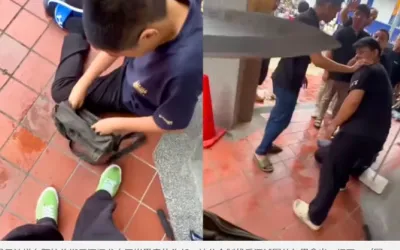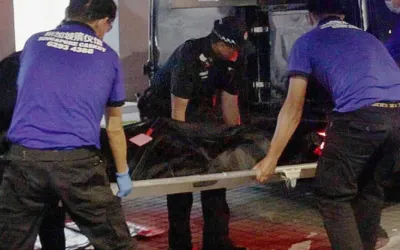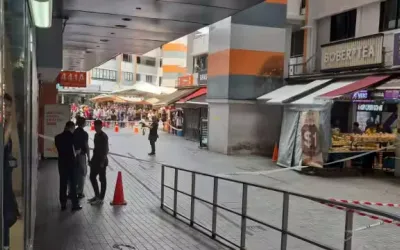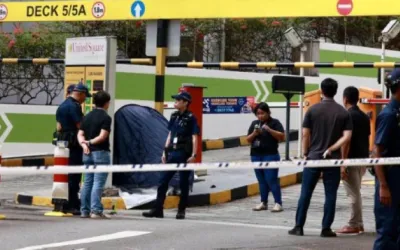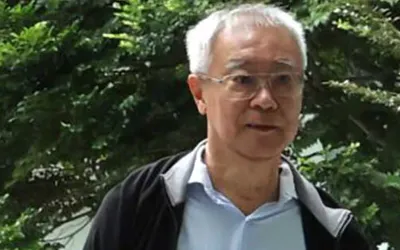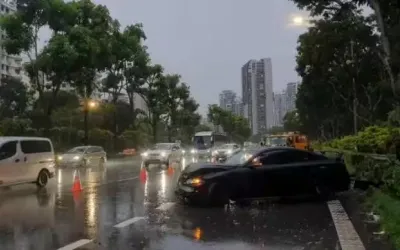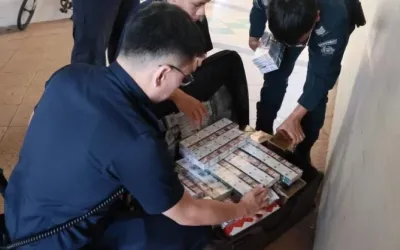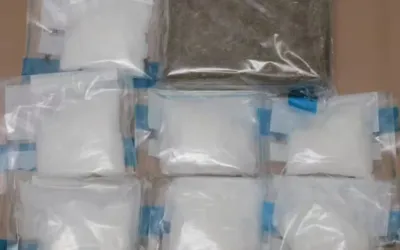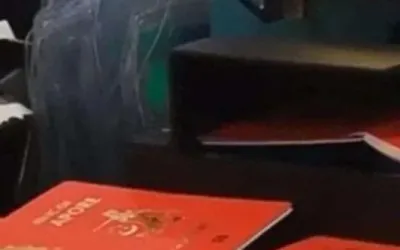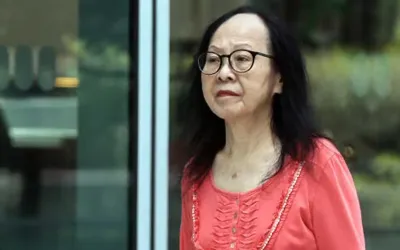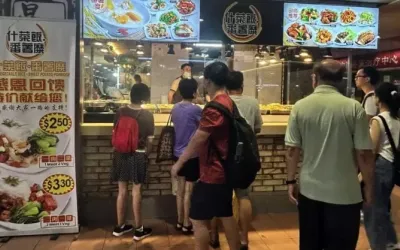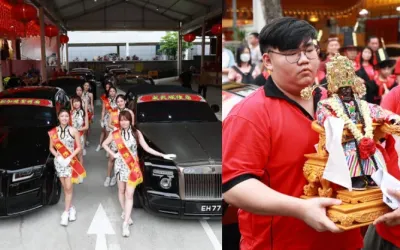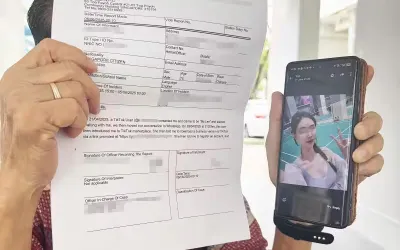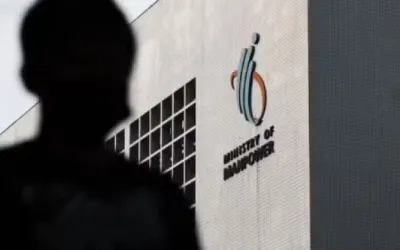11月30日,新加坡海事港口管理局(MPA)舉行的「2018新加坡籍船舶峰會」上,MPA執行長(CHIEF EXECUTIVE)Andrew Tan 在致開幕詞時宣布,安裝有開式洗滌塔船舶,進入新加波港口海域時,需要使用合規低硫燃油。
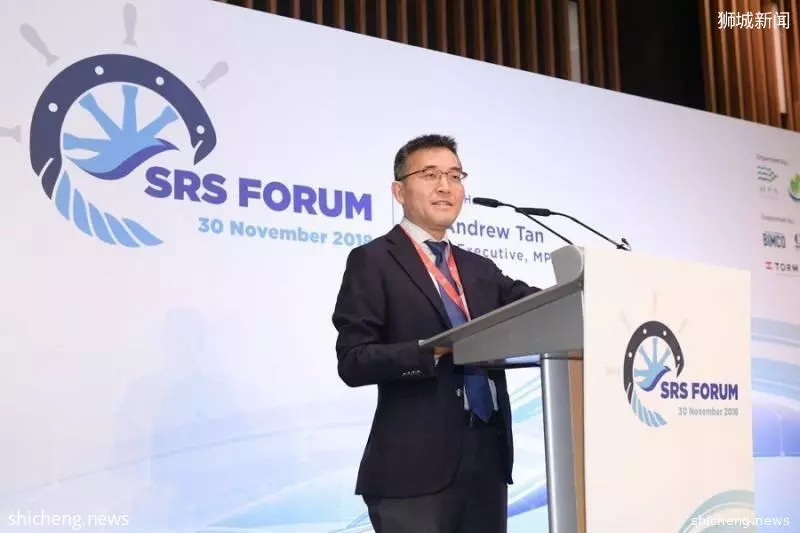
Andrew Tan giving his opening speech
「To protect the marine environment and ensure that the port waters are clean, the discharge of wash water from open-loop exhaust gas scrubbers in Singapore port waters will be prohibited. Ships fitted with open-loop scrubbers calling at Singapore will be required to use compliant fuel. Ships fitted with hybrid scrubbers will be required to switch to the closed-loop mode of operation. Singapore, as a party to MARPOL Annex VI, will be providing reception facilities for the collection of residues generated from the operation of scrubbers.」
「為了保護海洋環境,確保港口水質清潔。在新加坡海域使用開式洗滌塔的船舶將被禁止排放洗滌水。安裝有開式洗滌塔的船舶進入新加坡,要求使用合規(低硫)燃油。安裝有混合式洗滌塔的船舶,將要求其切換成閉式處理模式。新加坡作為MARPOL附則VI的簽署國,將為船舶使用(閉式)洗滌塔產生的殘渣提供岸上接受設施。」
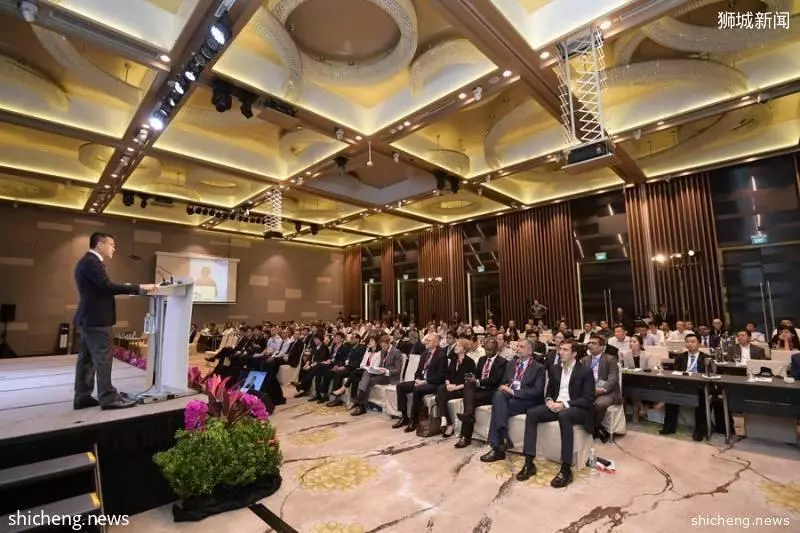
這次峰會上共有400餘位行業專家參加,峰會中,來自 Intertanko 亞太區的區域經理,環保專家 Tim Wilkins 發表了題為《在嚴峻的經濟形勢下應對環境挑戰》的主旨演講。
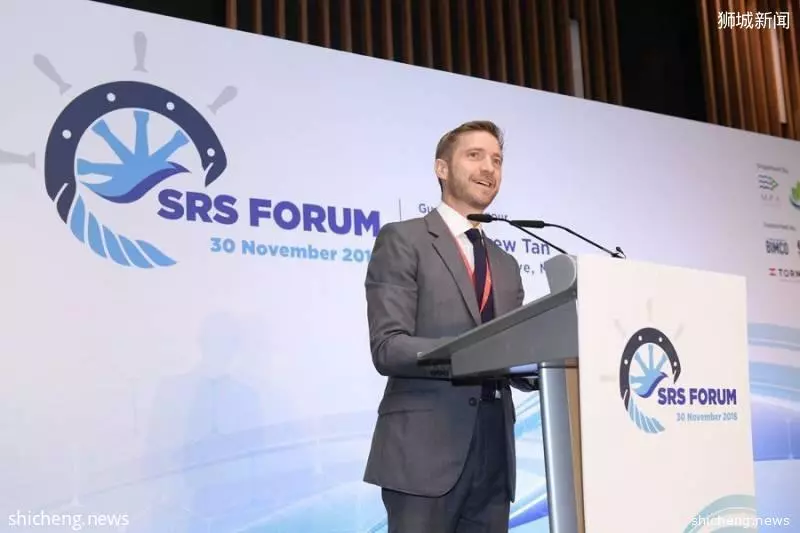
Tim Wilkins
考慮到新加坡作為重要的加油中轉港口,其在這次峰會上高調公布開式洗滌塔禁令,會給其他港口國和業界帶來的影響幾何,目前還未可知。
但是據DNV GL 2018年10月發布的統計數據,目前的洗滌塔訂單中,約有71%為開式洗滌塔。如果洗滌塔行業未能打消各港口國海事和環保部門的疑慮,可能會有更多國家選擇禁用開式洗滌塔。
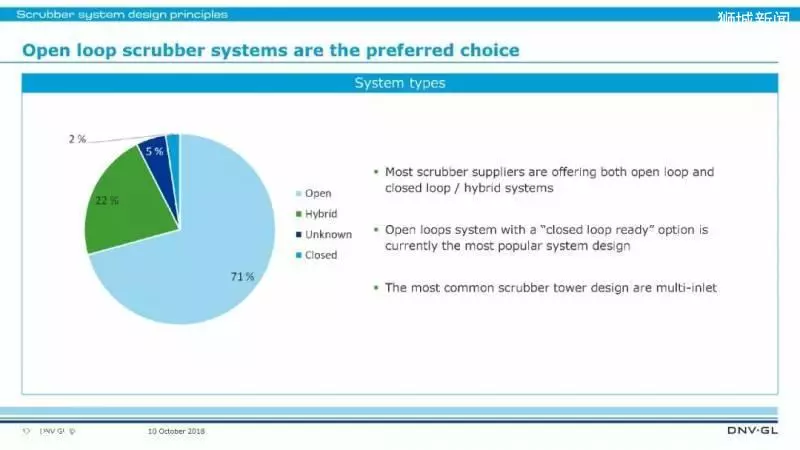
附 Andrew Tan 開幕詞原文:
OPENING ADDRESS BY MR ANDREW TAN, CHIEF EXECUTIVE, MARITIME AND PORT AUTHORITY OF SINGAPORE AT THE SINGAPORE REGISTRY OF SHIPS (SRS) FORUM 2018, PARKROYAL ON BEACH ROAD ON 30 NOVEMBER 2018
Distinguished Guests,
Ladies and Gentlemen,
1 Good morning and a warm welcome to the Singapore Registry of Ships Forum 2018. It is my privilege to join you today.
2 I would like to begin by thanking the shipping community here for the strong support to the Singapore Flag. I am glad to share that the Singapore Registry of Ships has crossed the 91 million GT milestone, maintaining our position among the top five biggest registries in the world.
3 Singapore-registered ships have also continued to perform well under the various port State control regimes. I believe none of this would be possible without everyone in this room playing their part.
Transforming the industry amidst challenges
4 As you know, the industry continues to face challenges from a combination of slower economic growth, growing environmental regulations and changes brought about by disruptive technologies. Having said that, these challenges can also bring about opportunities.
5 In particular, the onset of new technologies such as autonomous systems, Internet of Things, Blockchain and Artificial Intelligence open up new opportunities for ships and ports to be more efficient, intelligent and interconnected. Just yesterday we held the pitch day of our Smart Port Challenge 2018 and the various ideas that have surfaced demonstrate the potential uses of many of today’s technologies that are available – from remote health monitoring, intelligent tracking of assets and people, e-platforms to optimise the deployment of resources as well as use of machine learning/AI in a variety of algorithms to improve business decisions. It has given us many ideas that we can also apply to such areas as how to enhance our Singapore Registry of Ships. I hope all of you will similarly leverage on such platforms as PIER71, our maritime accelerator initiative, to scout for new ideas and innovative solutions.
6 To position our maritime sector for the future, MPA has launched the Industry Transformation Map or ITM for short at the beginning of this year. It will support our vision for Singapore to be the Global Maritime Hub for Connectivity, Innovation and Talent. As part of the ITM, MPA will focus on productivity, innovation, internationalisation of local companies, as well as jobs and skills for those in the industry.
Preparing SRS for the IMO 2020 Fuel Oil Sulphur Limit
7 Let me now touch on the impending environmental regulations affecting the industry, in particular the IMO 2020 Fuel Oil Sulphur Limit, and how we are working with our stakeholders to be prepared for its implementation.
8 As you are aware, come 1st January 2020, all ships are required to use compliant fuel oil of not more than 0.5 per cent sulphur content. In addition, ships are not allowed to carry non-compliant fuel oil from 1st March 2020. The use and carriage ban of non-compliant fuel do not apply to ships that are fitted with abatement technology such as scrubbers or granted with exemptions for trial of such technology.
9 To help prepare the industry for the IMO 2020 Fuel Oil Sulphur Limit, we have developed a comprehensive action plan. Working together with the Singapore Shipping Association (SSA), we have published two technical guidance booklets, one for Singapore-registered ships and another one for ships calling at the Port of Singapore [Show booklets]. The booklets provide detailed guidance and best practices for ships to comply with the IMO 2020 regulations, as well as the requirements and procedures that ships have to abide by when calling at Singapore. Hardcopy of these guidance booklets are available here today. You may also download the electronic versions from our MPA website.
10 In addition to these guidance booklets, we will be issuing another set of guidance by the second quarter of 2019, detailing Singapore’s readiness for the IMO 2020 regulations, covering topics such as fuel availability in Singapore, reception facilities for scrubber residues, and enforcement measures, bearing in mind the need to ensure there is no disruptive impact to shipping, which we are highly conscious of.
11 We will also be organising various engagement platforms to address any concerns that the industry may have in the run up to 2020 and beyond, and to update you of any new developments. Next year, we will hold a technical workshop jointly with SSA for SRS operators, and also an MPA-SSA industry panel discussion. Additionally, we will be engaging like-minded ports and maritime administrations to share best practices in the implementation of this regulation. This topic will also be further discussed at SRS Forum 2019.
12 As a major bunkering hub, we are working closely with our bunker suppliers to ensure that there will be adequate supply of compliant fuel oil in Singapore well in advance of 2020. We will produce a list of suppliers that are able to supply compliant fuel by the middle of next year.
13 To protect the marine environment and ensure that the port waters are clean, the discharge of wash water from open-loop exhaust gas scrubbers in Singapore port waters will be prohibited. Ships fitted with open-loop scrubbers calling at Singapore will be required to use compliant fuel. Ships fitted with hybrid scrubbers will be required to switch to the closed-loop mode of operation. Singapore, as a party to MARPOL Annex VI, will be providing reception facilities for the collection of residues generated from the operation of scrubbers.
